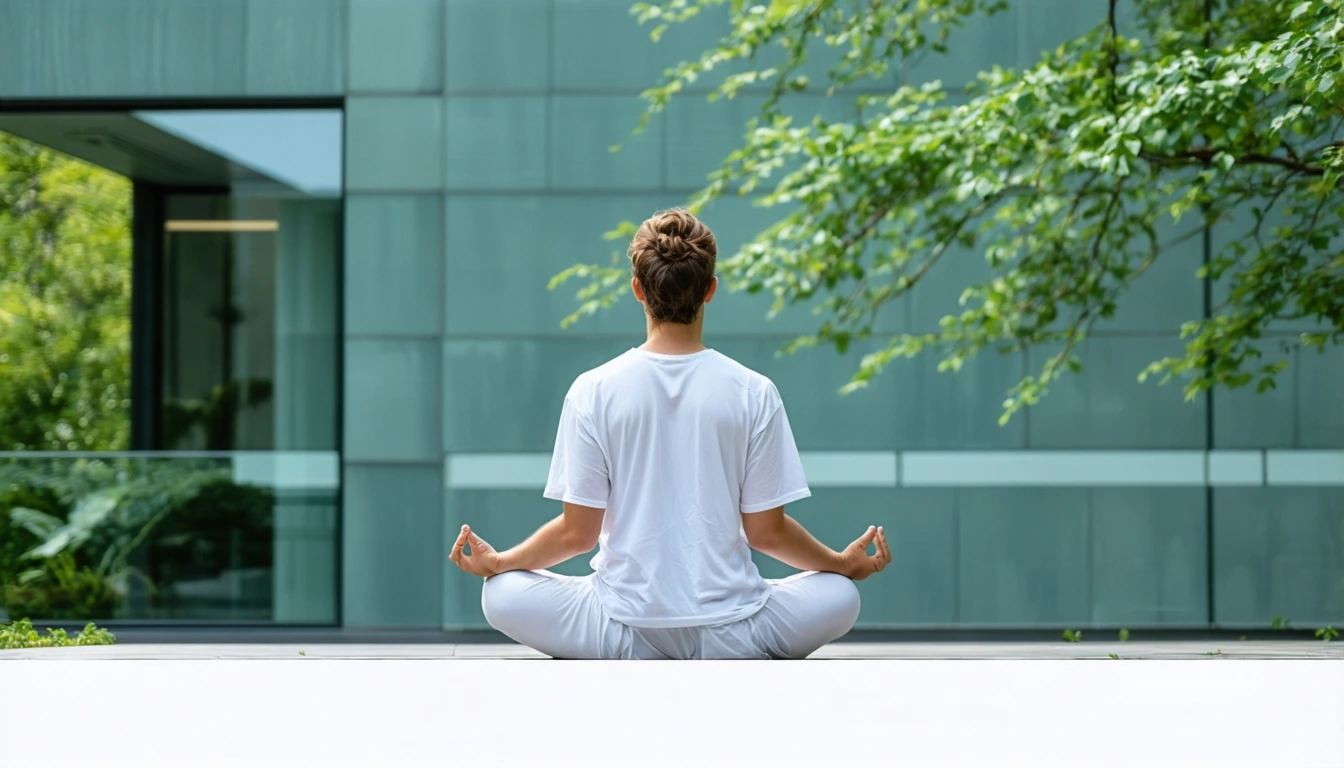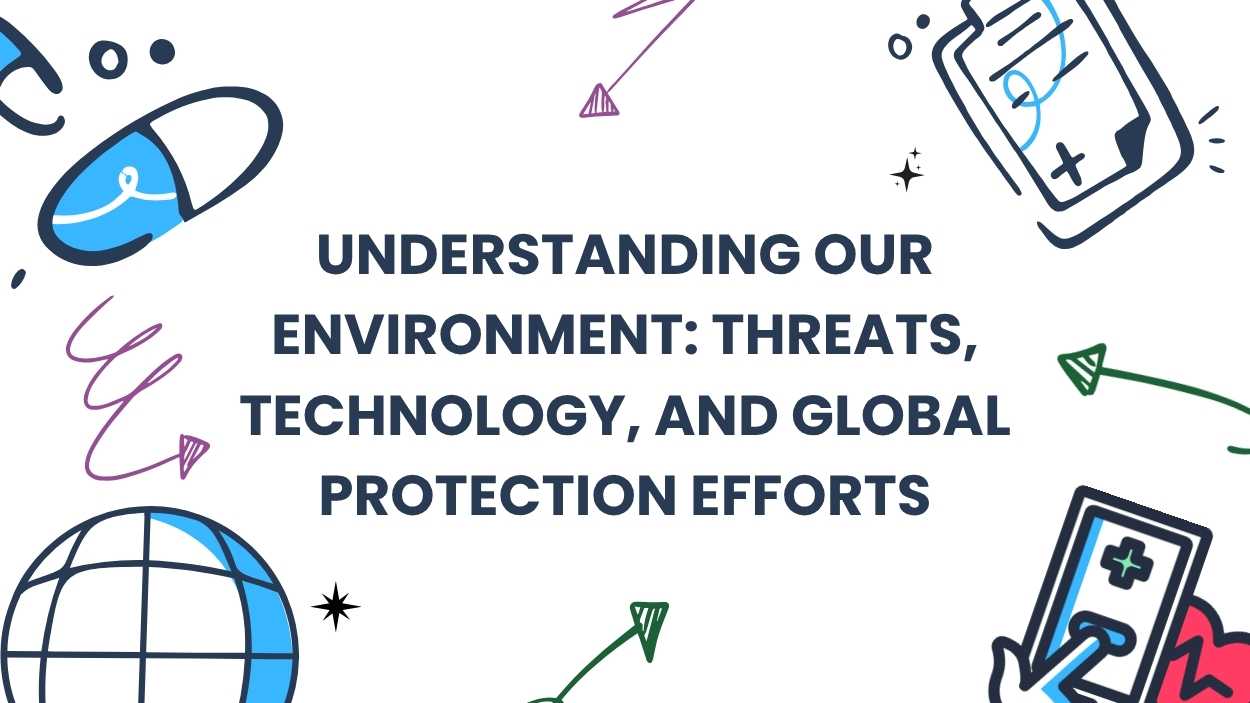In every corner of the world, the idea of wellness has evolved from being a luxury into a necessity. Today, people are no longer satisfied with just being free from illness; they are seeking a life filled with vitality, emotional balance, spiritual harmony, and meaning. Wellness and wellbeing go beyond medical checkups and diets—they represent an integrated approach to living well. This article explores how health and wellness are reshaping the modern lifestyle, why holistic wellbeing matters more than ever, and how you can apply the principles of wellness to elevate your daily life.
Understanding the True Meaning of Wellness
Wellness is not merely physical health; it is the state of complete harmony between the body, mind, and spirit. While traditional healthcare focuses on curing illness, wellness focuses on preventing it by creating habits that support good health. In this sense, wellbeing becomes an active process—one that requires awareness, intention, and consistent effort. Around the world, wellness centers, health programs, and personalized wellness coaching have gained momentum as people seek structured paths toward balance. The modern concept of health and wellness embraces physical fitness, emotional wellbeing, mental clarity, spiritual connection, and purpose-driven living. It recognizes that true wellness cannot exist without aligning all dimensions of human life.
Why Health and Wellness Matter More Than Ever
The need for health and wellness is deeply connected to the way the modern world functions. Fast-paced lifestyles, stress, poor sleep, and digital overload have created a global wellness crisis. Chronic conditions such as obesity, diabetes, hypertension, and anxiety are on the rise, not because of genetics alone but due to lifestyle imbalances. Wellness programs and wellness coaching now focus on reversing these patterns by guiding individuals to build healthier habits—sleep hygiene, movement routines, mindful eating, and emotional regulation. A holistic wellness approach gives individuals the tools to take control of their own health rather than depending solely on reactive medical systems. It is not about perfection, but about consistent progress and sustainable wellbeing.
The Science Behind Wellness Programs and Coaching
Wellness programs are designed to integrate science with self-care. These programs combine biometric screening, nutrition planning, mental health support, and lifestyle tracking to identify what the body truly needs. Biometric screening—measuring factors like blood pressure, glucose, and cholesterol—helps detect hidden risks before they become diseases. Once the data is available, wellness coaching steps in to translate it into action. A wellness coach focuses on behavioural change—helping individuals replace unhealthy patterns with balanced routines that fit their unique lifestyle. Unlike traditional counseling, wellness coaching addresses physical, emotional, and even spiritual wellness, empowering people to sustain healthy habits for life. This personalized approach is the foundation of health and wellbeing in the 21st century.
Emotional Wellbeing: The Heart of Modern Wellness
Emotional wellbeing is at the core of every wellness journey. A healthy mind is not one that never faces stress—it’s one that knows how to manage it. Emotional being refers to understanding your feelings, regulating your reactions, and maintaining inner peace even in chaos. When emotions are suppressed or ignored, they can manifest as fatigue, anxiety, or even physical illness. That’s why modern wellness centers include therapies like mindfulness, meditation, art therapy, and journaling. These practices strengthen self-awareness and emotional intelligence, both of which are crucial for personal growth. Emotional wellbeing also nurtures relationships, productivity, and self-confidence. True health and wellness are impossible without acknowledging and tending to the emotional body.
Spiritual Wellness: The Forgotten Dimension of Health
While physical and emotional wellness receive much attention, spiritual wellness is the quiet force that holds everything together. It’s not tied to religion—it’s about finding purpose, meaning, and connection to something greater than oneself. Spiritual wellness gives life direction and reduces the emptiness that often accompanies material success. People who cultivate spiritual balance tend to experience lower stress, improved mental clarity, and greater compassion. Practices like meditation, gratitude, spending time in nature, and acts of service are universal ways to nurture the spirit. In wellness coaching, spiritual wellness is often the key that transforms health from routine to fulfillment, turning a well-balanced life into a meaningful one.
The Role of Wellness Centers in a Changing World
Across the globe, wellness centers have become sanctuaries for people seeking transformation. These centers offer holistic programs that merge fitness, nutrition, emotional therapy, and spiritual rejuvenation. A well-designed health and wellness center does not focus on appearance or short-term results—it builds long-term resilience. Modern centers often provide biometric screening, customized diets, guided meditation sessions, wellness coaching, and workshops on mental health and wellbeing. They serve as ecosystems where science meets mindfulness, offering people structured paths toward sustainable health. Whether in cities or retreats in nature, wellness centers now act as the bridge between medical science and human consciousness.
Building Healthy Habits for Lifelong Wellbeing
The cornerstone of every wellness journey is the cultivation of healthy habits. These habits are the daily expressions of self-care that sustain wellness far beyond temporary motivation. Building healthy habits involves more than discipline—it requires understanding the psychology of behaviour. Small, consistent changes—like starting the morning with mindful breathing, staying hydrated, exercising regularly, and sleeping sufficiently—retrain both the brain and body for balance. Over time, these habits rewire stress responses, improve immunity, and promote good health naturally. The secret is not intensity but consistency. A wellness coach often helps individuals replace old routines with supportive ones, ensuring that wellness becomes a lifestyle rather than a phase.
Emotional Being and the Connection Between Mind and Body
Modern research continues to reveal that emotional being directly influences physical health. Chronic stress can raise cortisol levels, weaken immunity, and disturb sleep cycles, while positive emotions like gratitude and joy enhance heart health and cognitive function. This mind-body connection lies at the foundation of every health and wellness philosophy. Emotional being means living in harmony with your emotions—acknowledging them, learning from them, and allowing them to guide you toward healthier decisions. When emotional wellbeing is supported by healthy habits, the result is a state of true balance—what wellness experts call integrated wellbeing. In that state, the body functions efficiently, the mind remains calm, and the spirit feels fulfilled.
How to Begin Your Wellness Journey
Starting a wellness journey begins with awareness. The first step is understanding your current state—physically, emotionally, and spiritually. Whether through biometric screening or self-assessment, this awareness sets the foundation for change. Next, define what wellness means for you personally; for some, it’s improved fitness, while for others, it’s emotional peace or spiritual awakening. Then, create a plan that includes balanced nutrition, movement, rest, mindfulness, and emotional reflection. Seek wellness coaching if you need accountability or guidance. Remember, wellness is not a destination—it’s a lifelong practice of returning to balance. There will be challenges, but with consistency and intention, every small step compounds into profound transformation.
The Future of Wellness: Integrating Technology and Humanity
The future of global wellness will blend advanced science with ancient wisdom. Biometric data, wearable technology, and AI health platforms are helping individuals track progress and personalize their wellness programs. Yet, technology alone cannot replace the human connection—empathy, intuition, and spiritual depth remain at the heart of true wellbeing. The future wellness model will likely integrate virtual wellness coaching, emotional health platforms, and spiritual growth communities. This global movement reflects a universal truth: wellness is no longer optional. It’s the foundation for thriving in a complex, fast-changing world.
Why Investing in Wellness Is the Smartest Decision You Can Make
Investing in wellness is not just about adding years to life—it’s about adding life to years. Good health allows you to pursue passions, connect deeply, and live purposefully. Emotional wellbeing reduces burnout, while spiritual wellness brings fulfillment and peace. The benefits of wellness extend beyond individuals—they ripple into families, workplaces, and communities. When people prioritize wellbeing, societies become more compassionate, productive, and innovative. Health and wellness are, therefore, not private luxuries but global imperatives. Every time you choose a healthy meal, meditate, express gratitude, or join a wellness program, you contribute not only to your wellbeing but to collective human progress.
Conclusion: Wellness as a Way of Life
The journey toward wellness and wellbeing is deeply personal yet universally human. It invites you to care for your physical body, honour your emotions, and nourish your spirit. It encourages you to visit wellness centers not just to heal but to evolve, to adopt healthy habits not out of duty but out of love for yourself. Wellness coaching and programs are tools—but the real transformation begins when you choose awareness and consistency. In essence, wellness is the art of living consciously, with purpose and balance. It’s about creating harmony within so that you can thrive in every area of life. The world doesn’t just need healthier people—it needs well beings.













